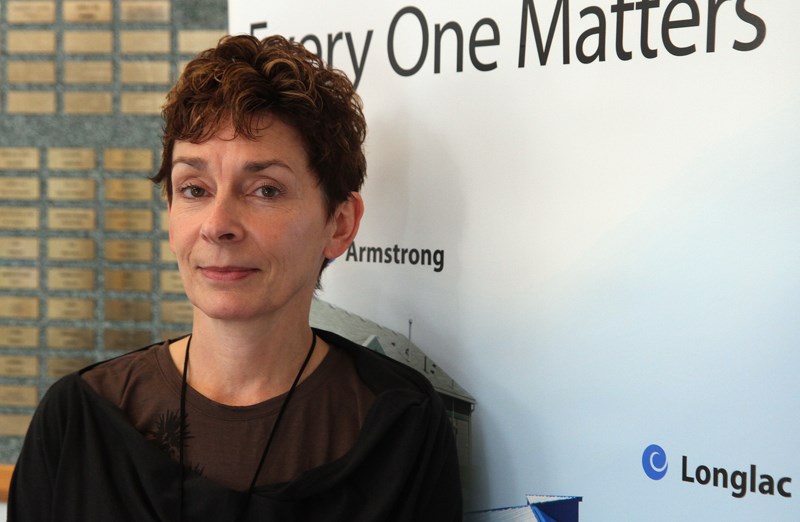THUNDER BAY – There are an estimated 2,000 individuals with Fetal Alcohol Spectrum Disorder in Northwestern Ontario according to NorWest Community Health Centres.
About 15 years ago, the NorWest Community Health Centres answered to a community call to assist with the development of a Fetal Alcohol Spectrum Coalition with 20 partner agencies.
The centre obtained several grants and became involved in a number of initiatives that allowed it to function as a location for training, support and awareness.
Health and social programs manager Anita Jean said they’ve been working with community partners to develop FASD services addressing the needs of both clients and service providers.
The Norwest Community Health Centre and the Fetal Alcohol Spectrum Awareness Committee hosted the Fetal Alcohol Spectrum Disorder annual training event Thursday.
“We have a lot of individuals that have FASD in the region,” Jean said.
“The conservative estimate is about 2,000 that have essentially a permanent disability.”
According to NorWest Community Health Centres prenatal exposure has been recognized as the leading known cause of disability in the country. It is estimated that 300,000 people in Canada have Fetal Alcohol Spectrum Disorder.
“For a few years now we have been able to operate a diagnostic clinic, and we see about 50 clients at the diagnostic clinic during the year,” Jean said.
“Half of them don’t have primary care, so we take them on as part of our practice and we are really learning from them, we are getting some ideas in terms of programs and we are establishing new strategies.”
As part of the centre’s strategies for FASD services the training event is held each year, bringing several individuals from a variety of backgrounds including corrections, teaching, and social work.
Special guest Hamilton’s St. Joseph’s Healthcare clinical psychologist Kaitlyn McLachlan said she’s increasing people’s awareness for the characteristics of people who have FASD.
“The impact can be really wide ranging,” McLachlan said. “It differs a lot from person to person but what we see is deficits resulting from alcohol use during pregnancy that can impact the way a person thinks, feels, and behaves.”
FASD causes problems throughout an individual’s lifespan such as difficulties with learning, memory loss, attention, and problem solving.
The effects last a lifetime, and there is no cure.
“We know that early recognition and intervention of people with the disability is a really important protective factor that can greatly improve developmental outcomes and quality of life,” McLachlan said.
“You might be able to help them and do better across their lifetime if you understand what’s challenging for them and find important and specific ways of supporting their needs.” McLachlan wants to remind people that there is no safe amount or timing of drinking during a pregnancy.
